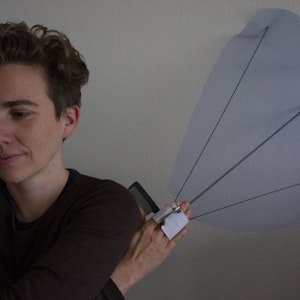To be a contemporary music performer today is to have a deeply fragmented practice. The performer’s role is no longer simply a matter of mastering her instrument and executing a score. Music practices are increasingly incorporating new instruments and technologies, new methods of creating works, audience interaction, and new situations of interdependence between performer subjects. In these conditions, the performer increasingly finds herself unable to keep control and a sense of mastery over the performance. In other words, performing is increasingly precarious.
Performing Precarity seeks to investigate this new paradigm by abandoning notions of mastery and instrument-specificity as the core of a musician’s practice in favour of the idea of the network and its ensuing precarity.
What kinds of practices emerge when traditional conceptions of beauty and perfection are relinquished in favour of precarity, fragility, risk, instability, failure, and mutual dependence between performers, composers, technologies, and audiences?

